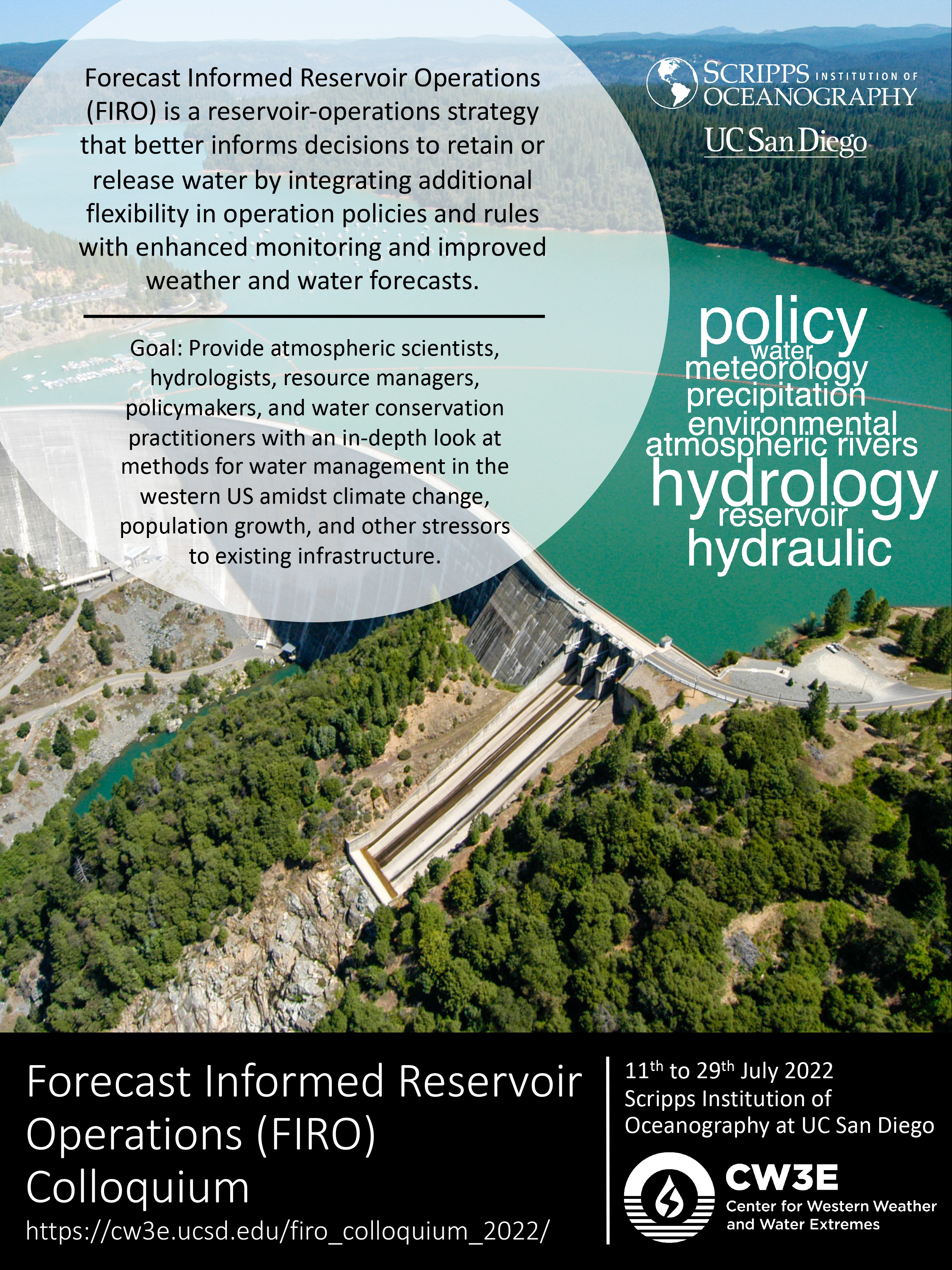Forecast Informed Reservoir Operations
FIRO is a reservoir-operations strategy that better informs decisions to retain or release water by integrating additional flexibility in operation policies and rules with enhanced monitoring and improved weather and water forecasts (American Meteorological Society; 2020).
FIRO is being developed and tested as a collaborative effort in the Russian River Basin (Lake Mendocino, Lake Sonoma), the Santa Ana River Basin (Prado Dam, Seven Oaks Dam), the Yuba-Feather River Basins and the Green River (Howard Hanson Dam) that engages experts and stakeholders in civil engineering, hydrology, meteorology, biology, economics and climate from several federal, state and local, universities and others. There is significant interest and support for developing FIRO at other appropriate locations in the Western U.S. and elsewhere.
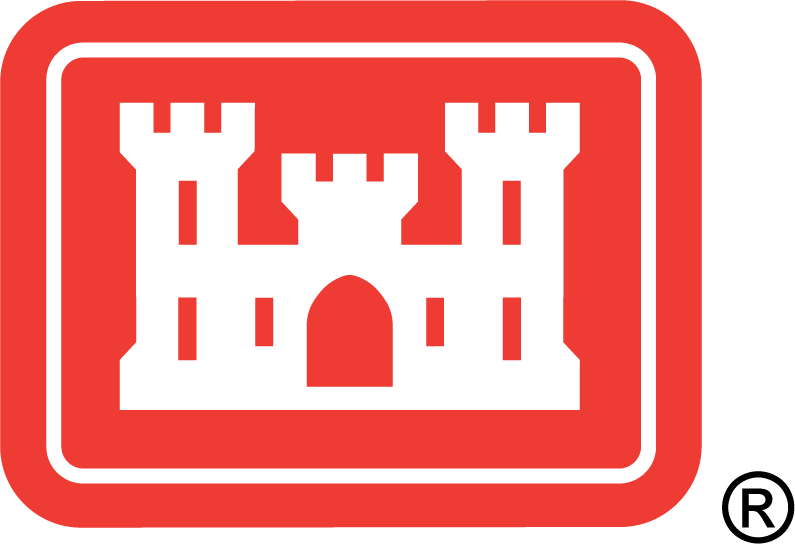 |
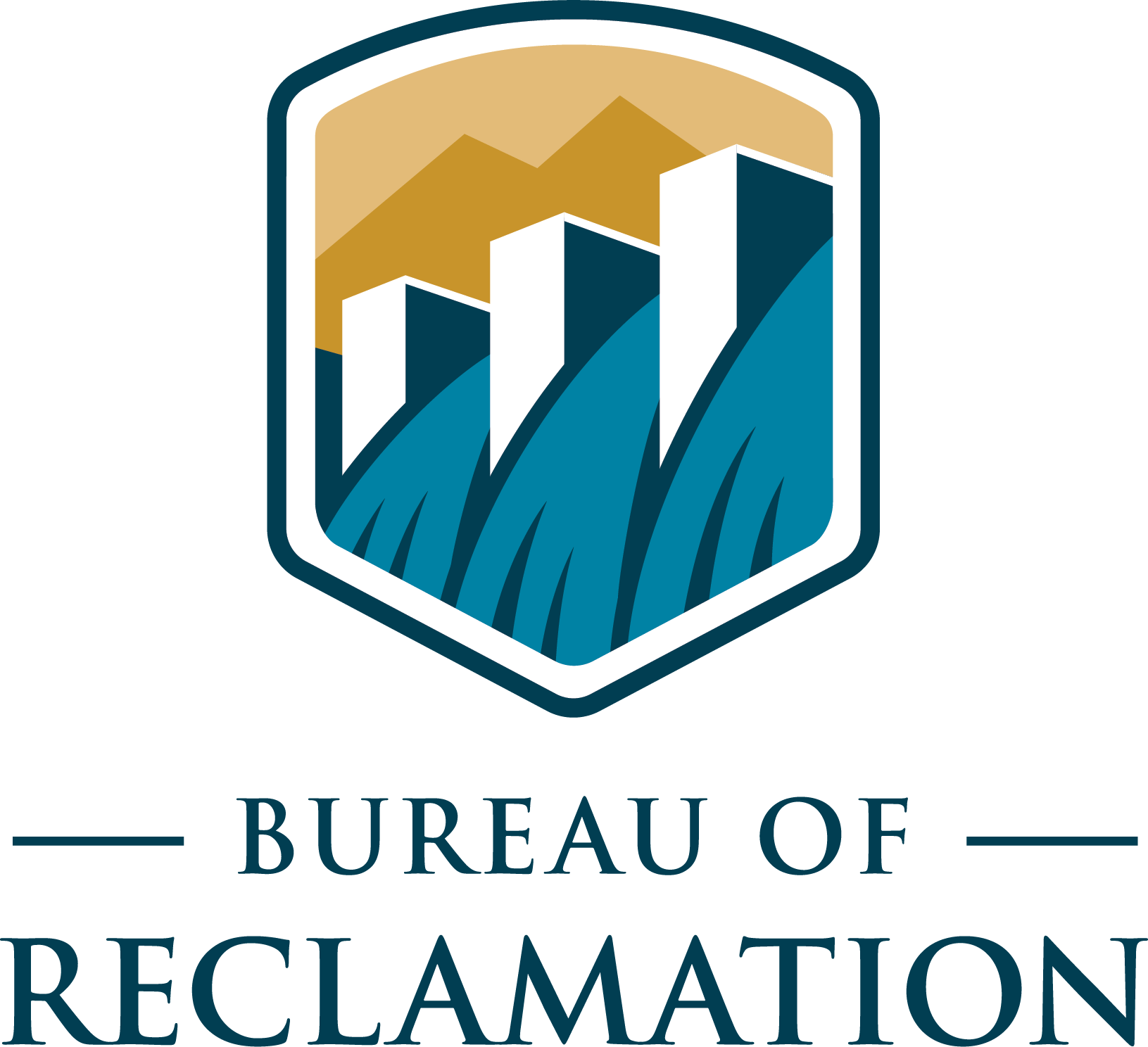 |
 |
 |
 |
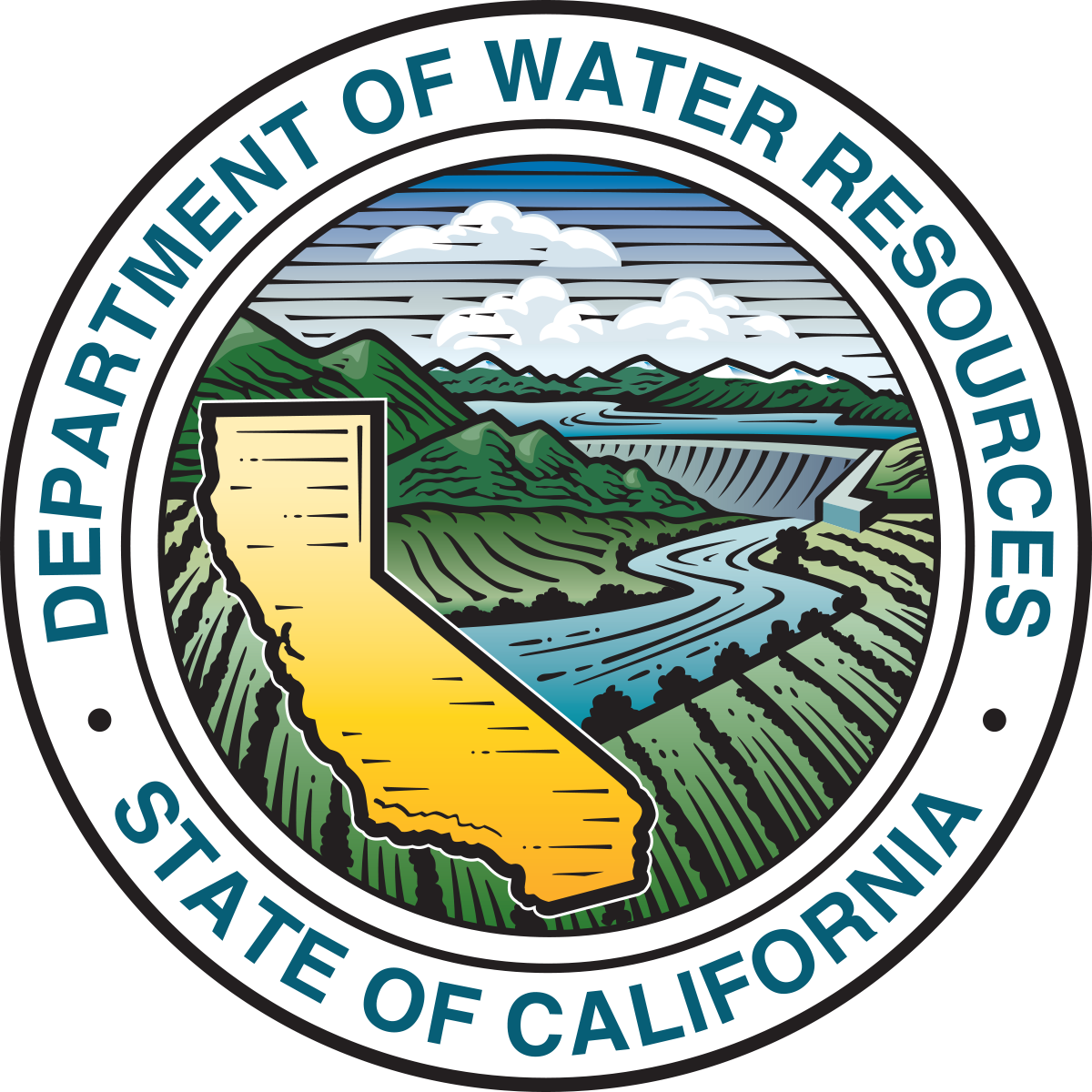 |
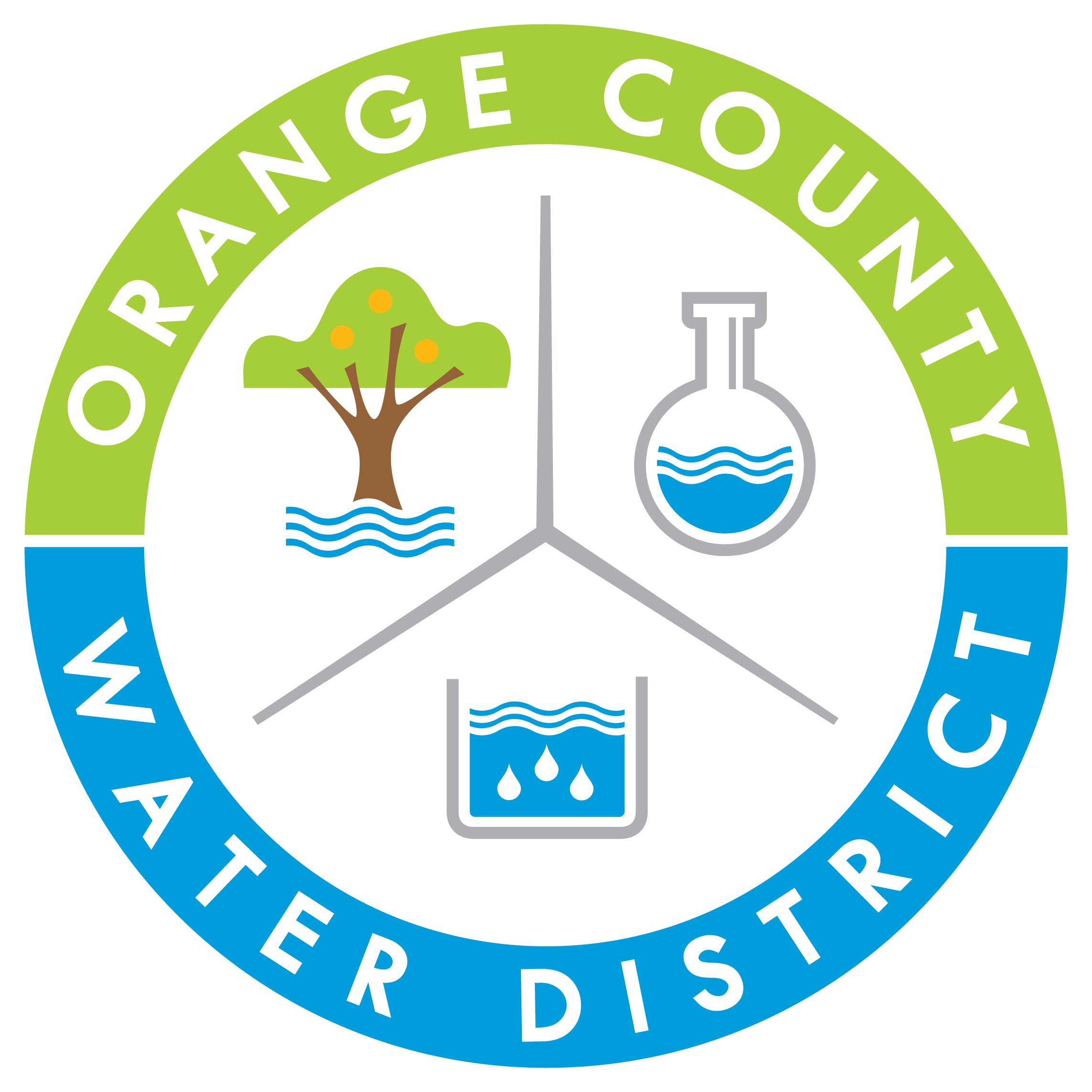 |
 |
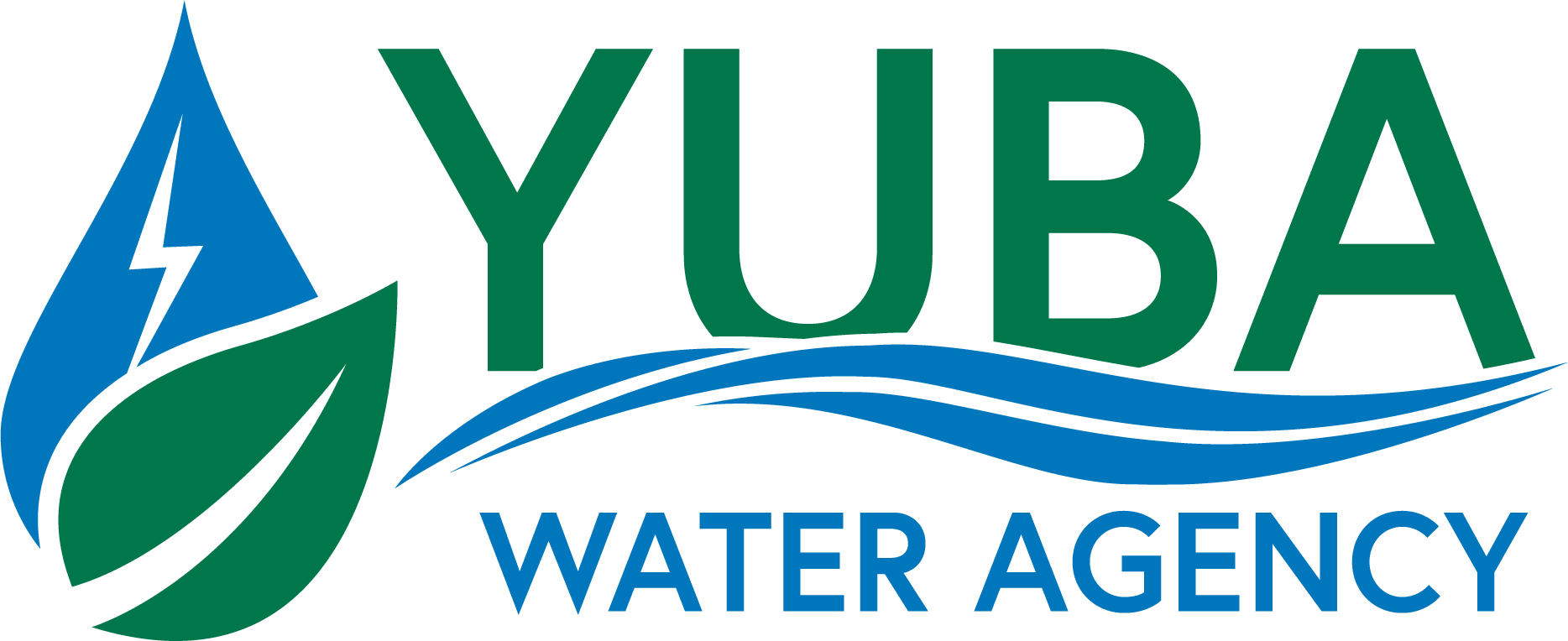 |
 |
 |
 |
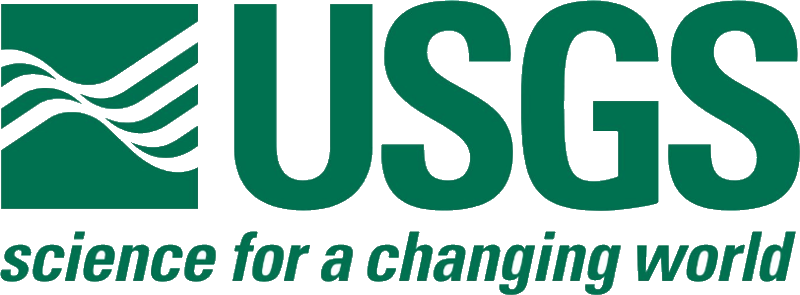 |
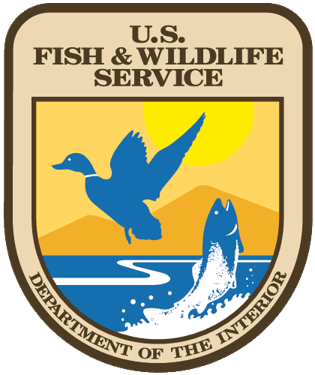 |
 |
 |
 |
Forecast Informed Reservoir Operations (FIRO) Colloquium
Scripps Institution of Oceanography, La Jolla, California
11-29 July 2022
For questions contact the Steering Committee
Motivation: Forecast-Informed Reservoir Operations (FIRO) is growing in potential importance throughout the western United States and other areas. FIRO researchers, practitioners, and decision makers put a high value on the transfer of knowledge regarding best practices and lessons learned. This knowledge transfer is meant to cover the process to design and implement FIRO projects safely and appropriately for the good of communities, economies, and ecosystems in watersheds with different characteristics, concerns, and functions.
Goal: The overarching goal of the colloquium is to provide the next generation of atmospheric scientists, hydrologists, resource managers, policymakers, and others with an in depth look at the state of the art methodologies to manage water resources in the western US amidst climate change, population growth, and other stressors to existing infrastructure. The Colloquium will make use of the FIRO program that is ongoing in several different California watersheds as a framework. FIRO-type methodologies may be transferable to other locations where water input is driven by atmospheric rivers (ARs). To achieve this goal, the colloquium will bring a diverse group of students and early career participants together, at different stages in their education and careers and with experience in various disciplines relevant to water management, to learn from a group of scientists and practitioners working actively on FIRO viability assessments. The colloquium is specifically geared towards graduate students, early post-docs, and early career practitioners in water resources and related fields. The colloquium agenda will allow students to interact with these leaders in California water and related disciplines, gaining hands-on experience as well as participating in specially crafted lecture sessions. Outcomes for participants will include improved understanding of (1) the role of ARs in precipitation regimes around the world, and techniques to monitor and forecast them and their impacts; (2) the forecast requirements to support FIRO applications at all relevant spatiotemporal scales in basins with very different considerations; and (3) best practices in operating multi-purpose reservoirs and developing adaptive management techniques. This Colloquium will create a cohort of people who have some grounding in the lessons learned by scientists, practitioners, and decision makers involved in FIRO thus far that can be used when researching and designing related efforts to increase the resilience of communities to climate change and other stressors.

Figure 1. Aerial images and characteristics of the Lake Oroville and NBB Reservoirs. FIRO studies are being conducted on these two reservoirs with the primary objective of improving flood risk reduction.
Steering Committee: The steering committee that is organizing the colloquium summer school is composed of a group of instructors expert in different disciplines. The steering committee members are listed below.
Details: The colloquium summer school will be held during July 2022 at the Scripps Institution of Oceanography in La Jolla, California. The first two weeks will consist of lectures and project time; the first week will be an introduction to FIRO and atmospheric science, and the second week will cover atmospheric and hydrologic forecasting and reservoir management. The third week, will be composed of a field trip to the first FIRO watersheds in northern California. The Center for Western Weather and Water Extremes (CW3E) will coordinate and host 20-30 students and 10-15 instructors to participate in the colloquium summer school. The structure of each day of the colloquium summer school will contain expert-led classroom lectures and hands on exercises, with students participating in a small-group targeted project with the goal of advancing the current science. There is no cost to attend the colloquium, and scholarships for travel expenses are available, funded by the colloquium through sponsoring grants.
Steering Committee Members:
Curt Aikens, CSAikens Consulting Services
Alison Cobb, Center for Western Weather and Water Extremes, UC San Diego
Jason Cordeira, Plymouth State University
Chris Delaney, Sonoma Water
Mike Dettinger, Center for Western Weather and Water Extremes, UC San Diego
Joe Forbis, US Army Corps of Engineers
Jay Jasperse, Sonoma Water
Rob Hartman, RKH Consulting
F. Martin Ralph, Center for Western Weather and Water Extremes, UC San Diego
Edwin Sumargo, Center for Western Weather and Water Extremes, UC San Diego
Cary Talbot, US Army Corps of Engineers
Anna M. Wilson, Center for Western Weather and Water Extremes, UC San Diego

